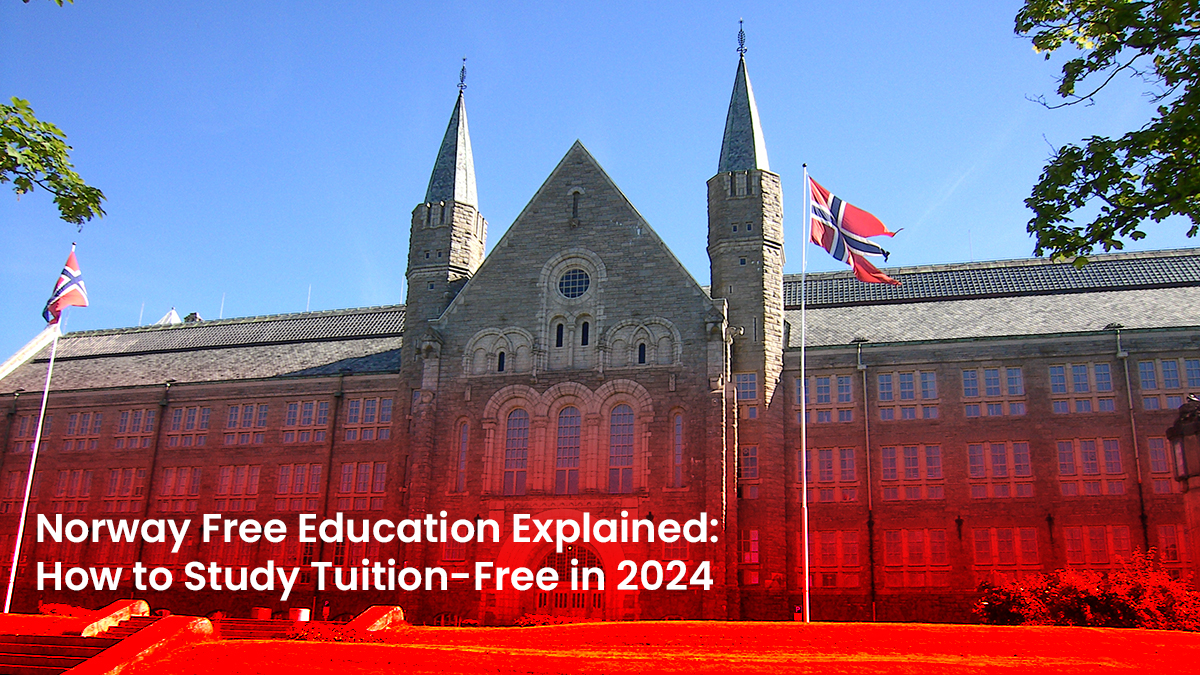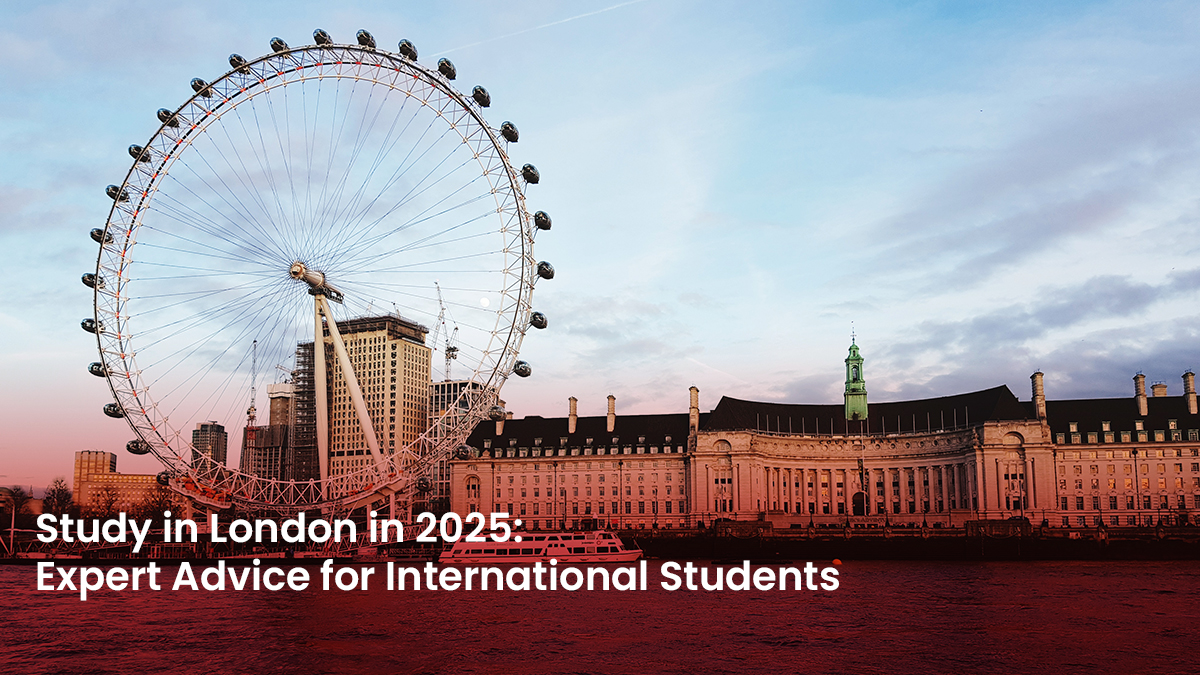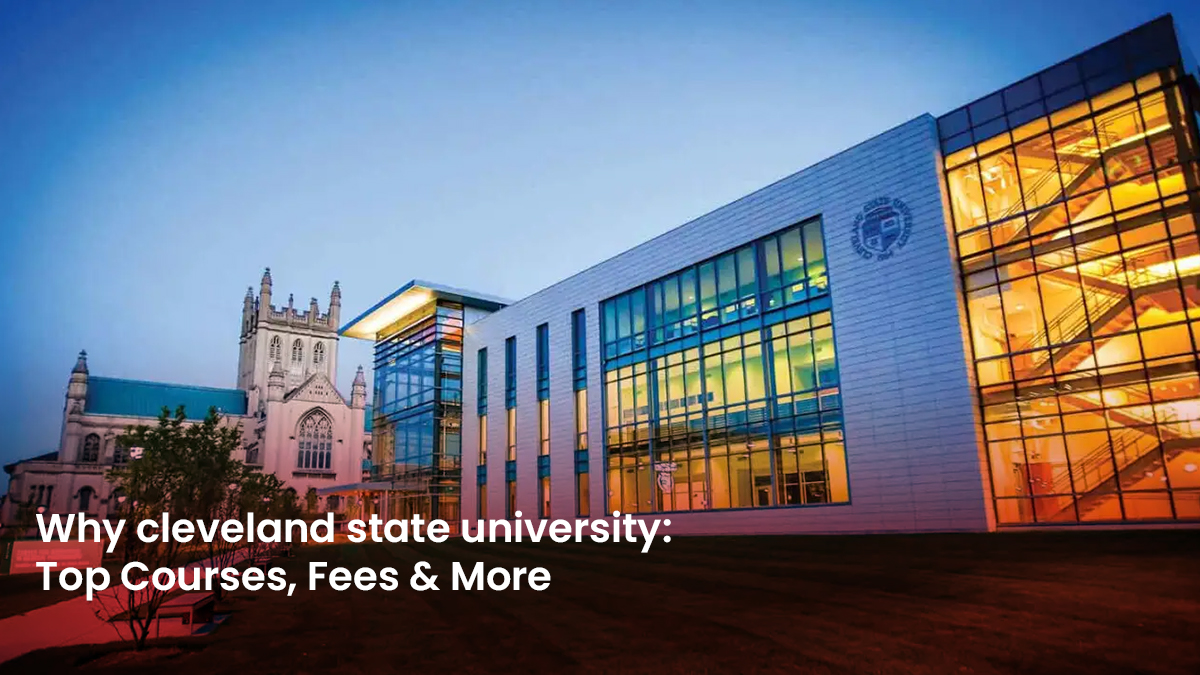Ten years ago, people would probably not think of Russia as a study destination. However, the country has since undergone significant changes, especially in the education sector.
For example, in 2003, Russia signed the Bologna Declaration, which has pushed its education system to become in line with other systems in Europe, increasing international participation in the country. Also, it is one of the few countries offering foreign citizens the opportunity to study for free in Russia through government scholarships.
Russia, as a study destination, offers students a unique experience because of its culture, world-class education system, and cultural diversity. The number of international students just keeps increasing in Russia. In 2017, the country welcomed around 230,000 international students, a huge increase from its 2016 number of 183,000.
When it comes to university ranking, Russia does not fall behind. In fact, 28 Russian educational institutions ranked in the 2021 QS World University Rankings, with 13 placing in the top 400.
Russia, with its top-notch universities, affordable education, and unique culture posts an attractive option to students worldwide. If you are planning to study in Russia, it is important to be aware of the cost of living and tuition fees as part of your financial preparation.
Tuition Fees
Tuition fees vary depending on the institution, its location, the study program, and its duration. However, if you compare tuition costs in Russia with those of other countries in Europe, they are relatively lower.
Bachelor’s degree – a full-time bachelor’s degree costs, on average, around ₽240,000 to ₽260,000 per year. Some programs may have lower fees and may only cost around ₽122,500, while the more expensive programs may cost up to ₽880,000.
Postgraduate degrees – include a master’s degree, which may last two years, or a postgraduate degree, which usually lasts three years. A master’s degree may cost around ₽260,000 to ₽280,000 per year. A doctoral degree, on the other hand, may cost around ₽280,000 to ₽300,000.
Specialist’s degrees – usually last for five years and have a strong focus on the practical side of a degree. A specialist’s degree may cost around ₽240,000 to ₽260,00 per year. More expensive programs may cost up to ₽632,580.
Preparatory department training – includes intensive preparation to increase an international student’s chances of getting into a Russian university for an undergraduate or postgraduate course. On average, the training costs around ₽160,000 per year.
Summer school – includes short thematic programs from various institutions. It usually costs around ₽45,000.
Living Expenses
The cost of living in Russia is also cheaper than its neighboring countries in Europe, and in other study destinations such as the United States. International students may be able to live in Russia with ₽23,000 to ₽38,400 a month. Below is the breakdown of some of the monthly expenses one needs to pay for while studying and living in Russia.
| Accommodations (dormitory) | ₽5,000 |
| Food | ₽10,000 |
| Transportation | ₽405 |
| Cellular Communication and Internet | ₽800 |
| Entertainment | ₽4,000 |
Supporting Your Education in Russia
There are various ways that students can support their education, or lessen their expenses while in Russia. The first is through scholarships or other financial assistance. The Russian government, for example, usually allocates financial assistance to international students to ensure they are able to study for free in any Russian institution. Another way to support one’s education is by working part-time in Russia, which is legal as long as students have a permit to work.
International students are also eligible for discounts from various establishments and transportation companies. They can avail of various discounts when they present their passport, valid student ID card, or even an International Student Identity Card (ISIC) card.
Learn more and start your journey as an international student in Russia by browsing through MSM Unify’s list of courses you can take.












